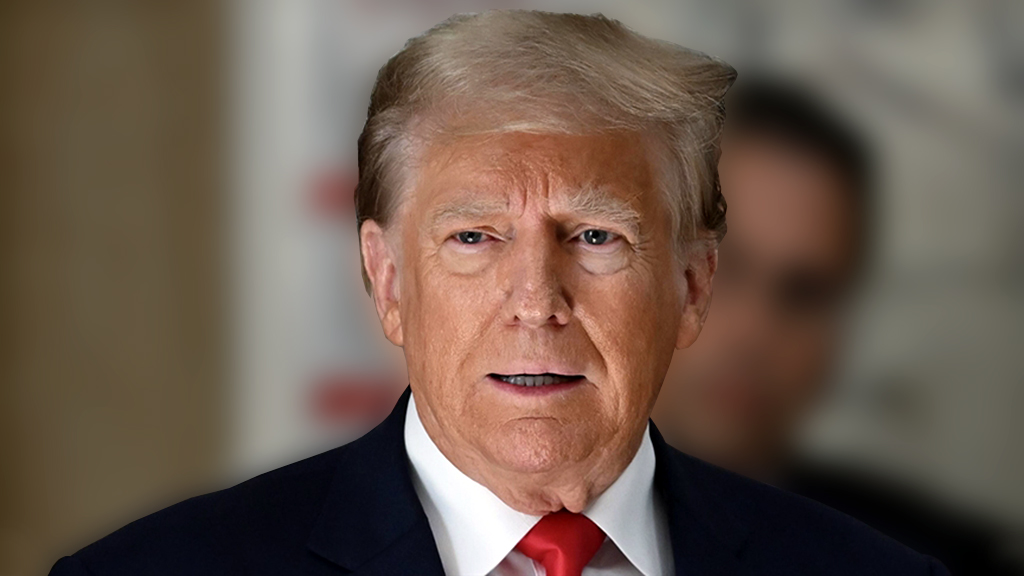The recent decision by the Colorado Supreme Court regarding Trump has the potential to shape the outcome of the November 2024 presidential elections. Due to his support for the events of January 6th, where he was involved in an uprising against the state, Trump may not be able to get his name on the ballot as a presidential candidate in this state. The 14th Amendment to the U.S. Constitution prohibits individuals who have engaged in insurrection against the government from holding federal office. While this provision has not been enforced for a long time, the Colorado Supreme Court has revived the debate. As the legal process heads to the Supreme Court, the question of whether the courts or the voters should determine the fate of the American president has resurfaced.
During his presidency, Trump broke many traditions considered democratic norms. His rhetoric and actions, which disregarded political correctness, deeply shook the American political establishment. Trump rode to victory on the energy of dissatisfied masses who rebelled against the political system. However, his success was overshadowed by debates about Russia's interference in the elections. Special Counsel Mueller investigated Trump and his associates' ties to Russia during the 2016 elections, but no charges were filed against the sitting president due to the prevailing inclination not to prosecute a sitting president. At that time, many anticipated that if Mueller filed a case, revealing Trump's connections with Russia, it could trigger impeachment proceedings in Congress. However, there were also those who believed that a duly elected president should be removed through the ballot, not through legal means.
After losing the 2020 elections, Trump's refusal to accept the results and his claims of election fraud raised serious concerns until Biden's inauguration. Trump's challenges and lawsuits in several states failed, and pressure mounted on Vice President Pence not to certify the election results of some states. The events culminated in the storming of the Capitol by Trump supporters, attempting to prevent the confirmation of Biden's presidency. These unforgettable scenes, known as the January 6th events, exposed the fragility of American democracy. Trump's delayed response and his perception of the protesters as patriots were interpreted as supporting the insurrection. One of the most significant lawsuits against Trump is the January 6th case led by Special Counsel Jack Smith, with its first hearing scheduled for March 5th. If this case results in a decision that Trump supported the January 6th uprising, the application of the 14th Amendment could be considered.
This week, the Colorado Supreme Court ruled that Trump is guilty of supporting the January 6th uprising, affirming the validity of the 14th Amendment. While this decision by Colorado cannot prevent Trump from running as a candidate in other states, it certainly complicates his situation. Colorado is represented by 10 electoral votes in presidential elections, and a presidential candidate needs to win 270 electoral votes. Some factions within the Republican Party might reconsider their support for Trump, anticipating that he would start at a disadvantage. Although Trump is almost certain to be the party's candidate, news from Colorado complicates his position. Nevertheless, other candidates within the party have made initial statements suggesting that the political process should be decided by voters, not the courts. These candidates may fear that legal obstacles to Trump's candidacy could strengthen him. Additionally, they do not want to alienate the Trump-supporting base, as they need their votes.
Similar January 6th cases exist in other states besides Colorado. If the hearing date for the federal case led by Prosecutor Smith is confirmed for March, the question of whether Trump supported the January 6th uprising will be resolved. These legal processes may force the Supreme Court to take a decisive step in shaping the political fate before November 2024. If the court processes are delayed, the voters may ultimately decide Trump's fate at the ballot box. Trump, facing numerous lawsuits, has already declared that if he wins the election, he will move to nullify all of them. In such a scenario, the voters' decision at the ballot box may mean the cancellation of legal processes. In the upcoming election season, we are entering a period where we will see whether the final say in American politics belongs to the law or the voters.
[Yeni Şafak, December 21, 2023]







